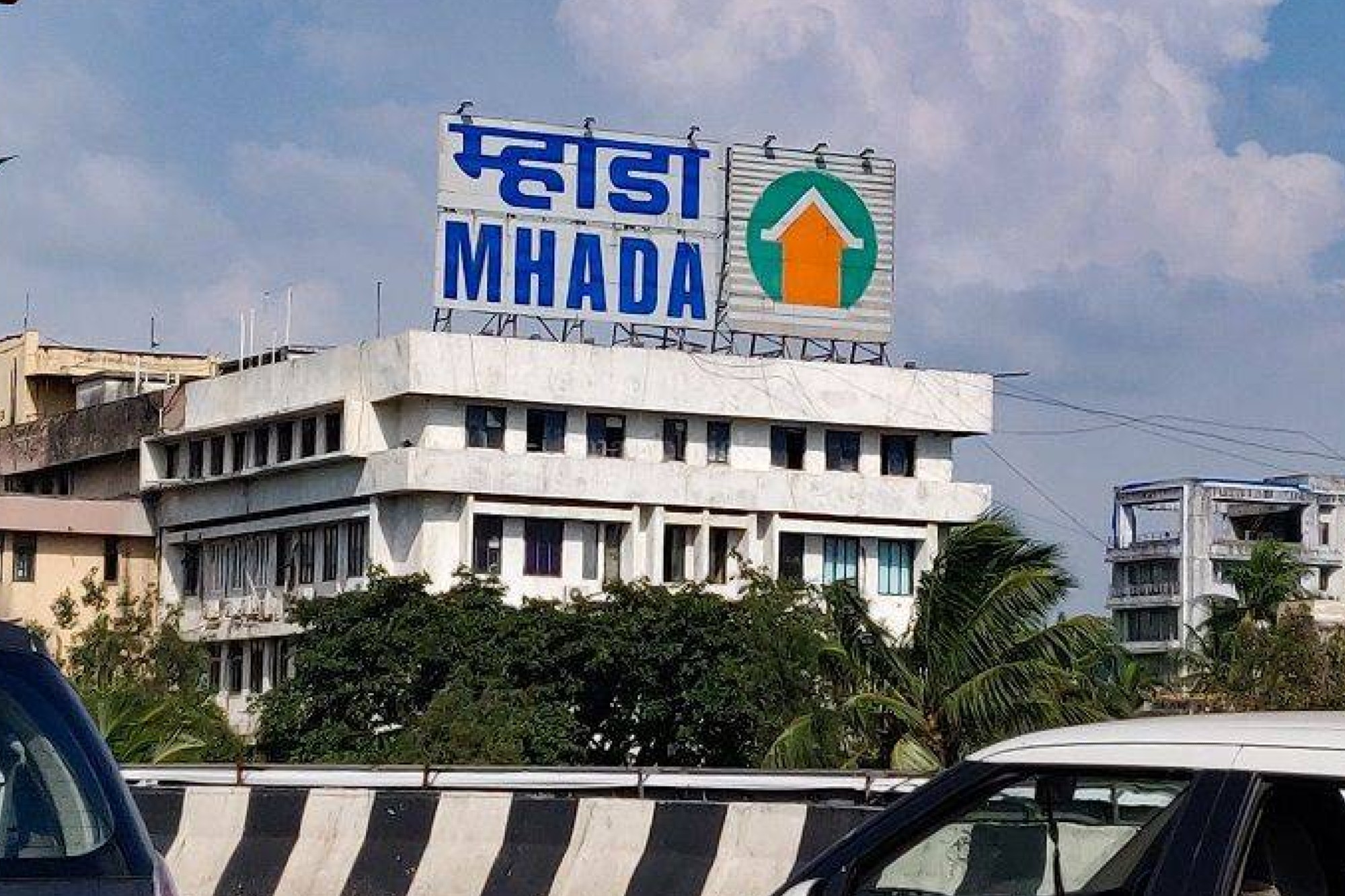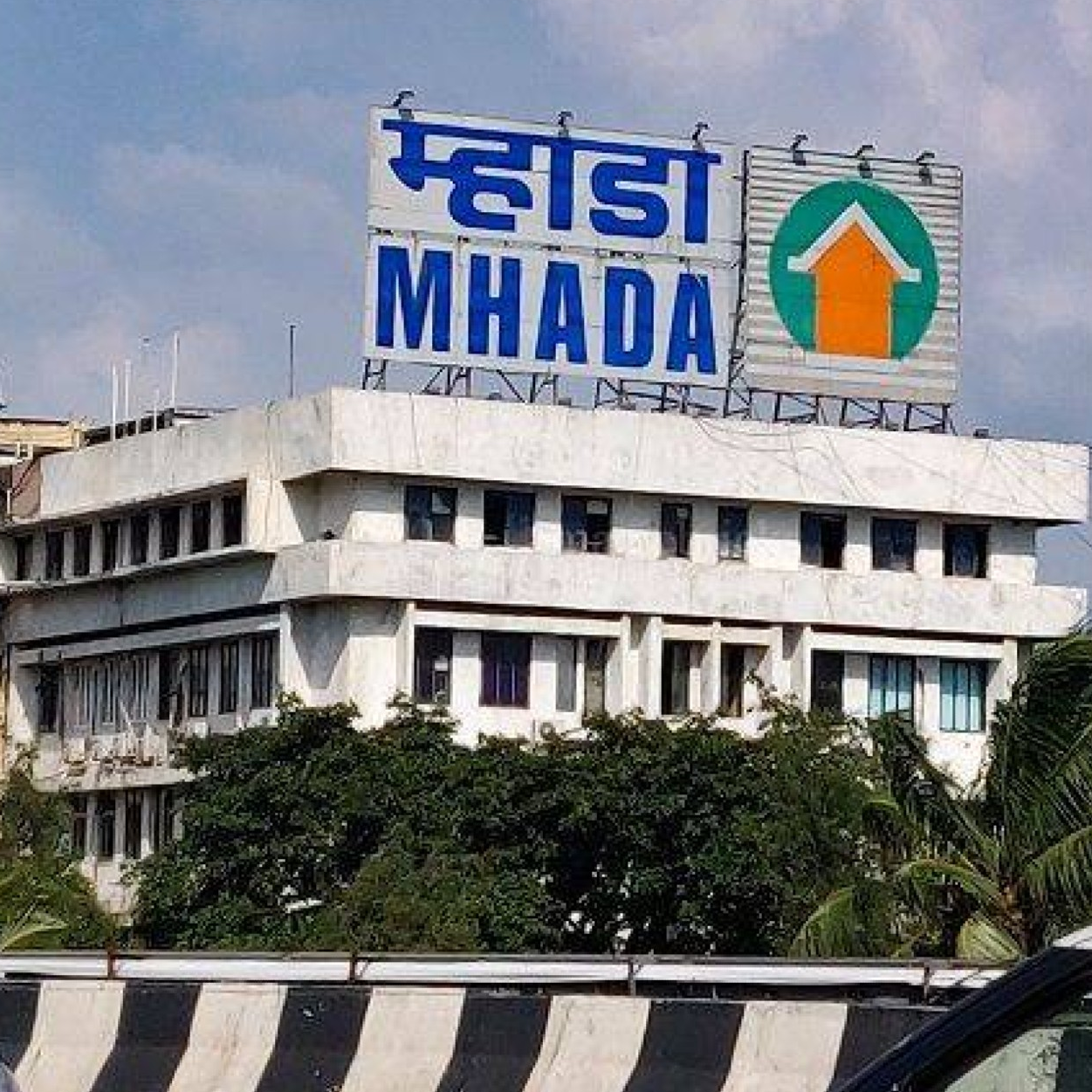
From Crumbling Walls to Dream Homes — MHADA’s Mega Mission to Rebuild Mumbai!
EKNATH SHINDE, Deputy Chief Minister and Housing Minister, Government of Maharashtra, writes on the comprehensive, human-centric approaches that are not only transforming Mumbai’s skyline but also rebuilding trust between citizens and the system.
“Every citizen deserves to live safely, and the state is committed to making it happen.”
Mumbai, the city of dreams, is a living testament to resilience, energy, and continuous change. It draws millions with the promise of a better future and a safe life, yet its rapid growth has placed enormous pressure on housing. South Mumbai, the city’s historic heart, is home to colonial-era chawls and privately owned cessed buildings, many of which are decades old and no longer safe for today’s dense population. Narrow staircases, old wooden beams, and crumbling walls make these structures vulnerable, calling for urgent intervention.
Recognizing this need, the Maharashtra Housing and Area Development Authority (MHADA), under the guidance of IAS officer Sanjeev Jaiswal and in collaboration with the State Government, is taking proactive steps to boost housing supply, bridge the demand-supply gap, and ensure redevelopment is carried out safely, efficiently, and with care for residents and the city’s heritage.
Currently, South Mumbai has approximately 13,000 privately owned cessed buildings, many dating back to the British era. Built with lime mortar and brickwork and wooden beams, these structures were never designed to withstand today’s population density or the effects of time. The narrow stairways, leaking roofs, and sagging ceilings have become part of daily life for residents.
To address these challenges, MHADA has introduced a comprehensive FSI policy — a clear, time-bound framework designed not only to rebuild structures but to protect the people who live in them.
Strengthening MHADA’s Capacity
To strengthen MHADA’s capacity and accelerate redevelopment, new sections were incorporated into the MHADA Act. Section 79(A), a recent amendment, allows redevelopment of buildings declared dangerous under Section 354 of the Mumbai Municipal Corporation Act.
As per 79(B), tenants have been given the right to submit redevelopment proposals if the landowners do not submit proposals in six months, with 51% consent of the tenants under 79(B).
In addition, the State Government has institutionalized projects under the Slum Rehabilitation Authority (SRA) by government agencies such as MHADA, MMRDA, CIDCO, MCGM, and MSRDC. This move ensures accountability, transparency, and timely delivery, restoring confidence among citizens.
Redevelopment and Modernization
Recognizing the need for holistic planning, the State Government has decided that redevelopment will now balance heritage preservation with modern safety and convenience. The policy ensures that no Mumbaikar has to choose between living safely and retaining the unique character of their neighbourhood.
Key projects such as Kamathipura Redevelopment in South Mumbai, Motilal Nagar in Goregaon, and PMAY projects in Poonam Nagar, Jogeshwari, Abhyudaya Nagar in South Mumbai, SJP Nagar, Anand Nagar in Andheri, and Bharat Nagar in Worli are already underway, driving Mumbai’s urban renewal mission forward.
Further addressing redevelopment hurdles, MHADA has launched a Special Amnesty Scheme for old, unsafe buildings without Occupation Certificates (OCs). This one-time measure applies to projects redeveloped under DCR 1991 with permissions up to November 12, 2018. It allows societies to regularize their status with concessions, simplified approvals, reduced penalties, and waived fines. Residents benefit through legal occupancy, resolution of construction deviations, lower water and property tax charges, and the freedom to sell or transfer their flats.
Self-Redevelopment
Government of Maharashtra is also promoting self-redevelopment. Landmark decisions have been taken to encourage housing societies to undertake redevelopment on their own with MHADA’s guidance.
To make this easier, financial incentives have been introduced, including changes to the existing policy for premium payments and concessional premiums for small and medium-sized housing societies. The premium payable has been reduced from 15% to 10% of the Ready Reckoner rates to the actual prevailing commercial rates of the zones.
PMAY 1.0 & 2.0 – Urban
Under Pradhan Mantri Awas Yojana 1.0 (Urban), Maharashtra has approved almost 14.5 lakh houses across the state. The biggest PMAY project in the country is at Solapur district, which has been sanctioned for 30,000 houses, out of which 15,000 houses were handed over to the beneficiaries in January 2022 at the hands of the Hon’ble PM of India.
Under PMAY 2.0, Maharashtra is making all efforts to cover the homeless in urban areas through AHP, BLC, and PPP models. We are striving to ensure that the motto of “housing for all” is achieved in its true spirit.
Housing Policy (2025)
Government of Maharashtra has recently declared a new housing policy (2025); the previous policy was of 2007. Some of the new aspects of this policy include promoting affordable housing, primarily for EWS and LIG category, working women, mill workers, students, hostellers, and industrial workers housing.
The landmark of this new housing policy is the inclusion of rental housing for which MHADA has been appointed as the nodal agency. The draft rules are being framed by MHADA, and stakeholder inputs will be invited before the government proceeds with legislative procedures.
Mill Workers Housing
The Government of Maharashtra is committed to providing housing to all eligible mill workers. A special drive was conducted in 2023–2024 by MHADA, whereby almost one lakh mill workers’ applications were verified.
For the first time, they have been certified eligible by the Textile Department. All these eligible workers will be provided houses in Mumbai and MMR on a government-public partnership model.
These initiatives not only reinforce MHADA and the government’s mission of affordable housing but also symbolize rebuilding trust between citizens and the system.



